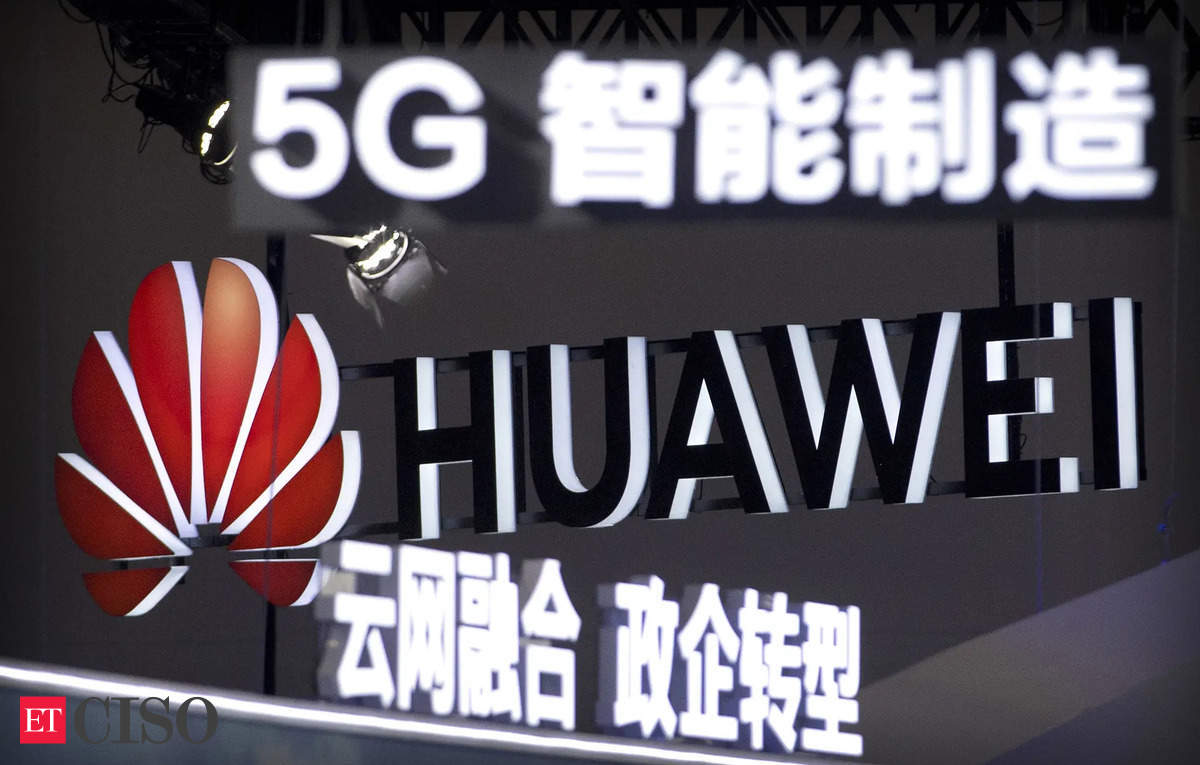Google’s shift in focus towards artificial intelligence has been a gradually unfolding process, and this week’s announcement regarding the company’s plans to alter its approach to developing the Android operating system appears to be the final nail in the coffin. According to Android Authority, Google intends to take complete control of Android development in-house, effectively privatizing the Android source code.
This move is likely to have a positive impact on both Google and its users. By streamlining the development process, the company can avoid managing multiple sets of source code and dealing with external feedback, allowing for a more efficient workflow. Additionally, users will benefit from a more straightforward development process, eliminating the confusion that can arise from having two versions of Android available during development – the internal branch shared with brands under Google Mobile Services (GMS) agreements and the public Android Open Source Project (AOSP) accessible to manufacturers.
This change also underscores the shifting priorities within Google, as the company increasingly focuses on the potential of artificial intelligence across its software platforms, with Gemini being a key area of emphasis. This shift was evident at Google I/O 2024, where the hardware and software teams were merged into a single “Platforms and Devices” team. The subsequent announcement that David Burke, former Vice President of Engineering for Android, would be moving into an advisory role further reinforced this change in direction.
The decision to develop Android in-house is unlikely to have significant implications for the platform. According to Carolina Milanesi, a principal analyst, “The change makes sense when it comes to allocating resources to work that matters.” The consumer-facing side of the Android platform is expected to remain largely unchanged. The primary difference will be in how Google interacts with developers who do not have GMS agreements. As Milanesi noted, “Developers will have maybe less understanding of what is coming…but their access ultimately doesn’t change.”
Although Google has not publicly announced this change, the company has confirmed it to me independently. The lack of a public announcement is likely due to the fact that this change should not have a significant impact on Android users. However, it may lead to a decrease in the amount of code sleuthing that occurs around Android blogs, as Google will not release as much of its source code to the public until it is ready for release. While this may frustrate developers seeking early insights into future developments, it is unlikely to affect average Android users.
Source Link




